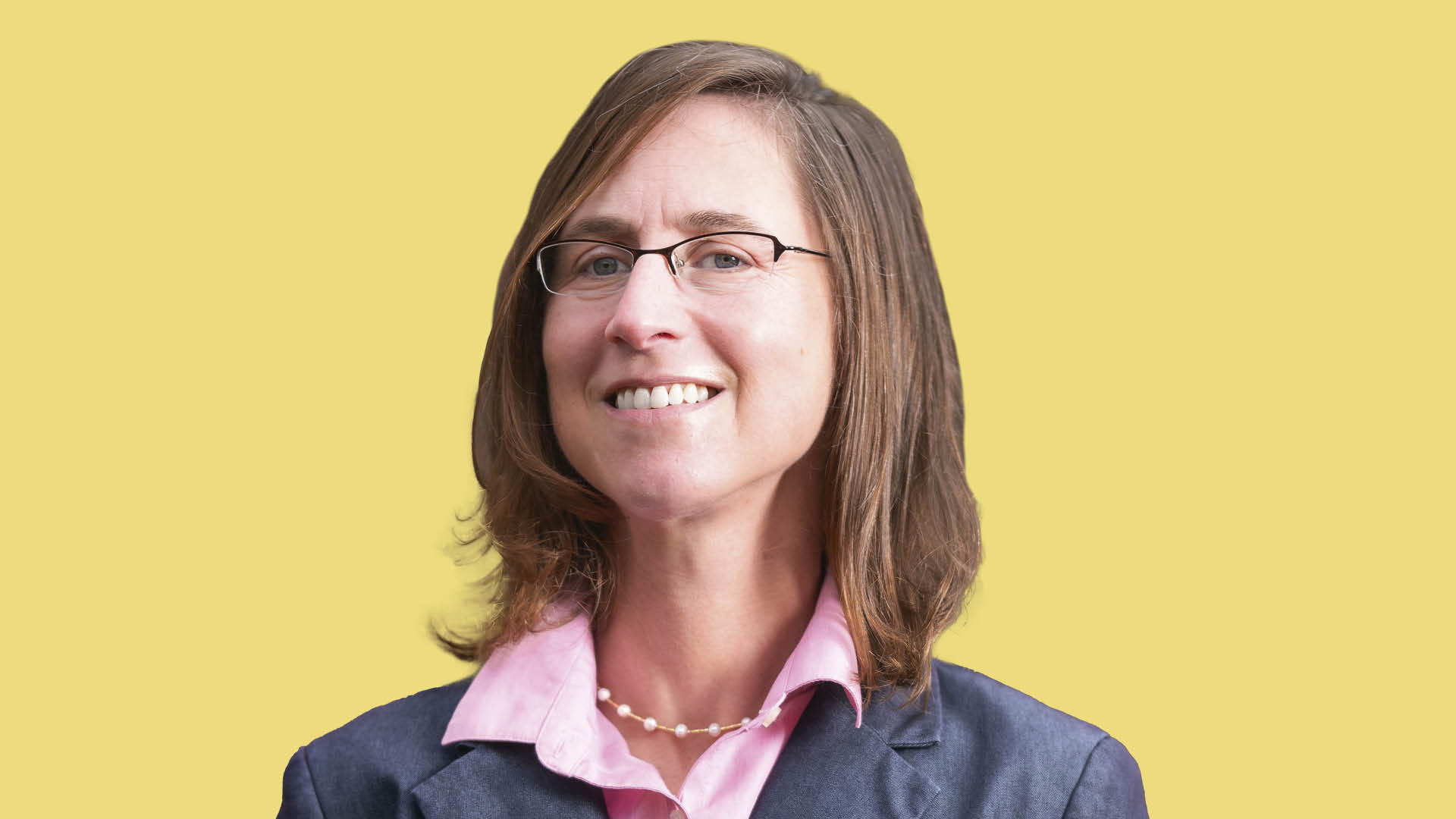The Politics of Counseling
By Katey Baruth, PhD, LPC, LMHC
September 2025

Politics is at the forefront of many clients’ minds. Political stress, which refers to the anxiety and emotional strain caused by government policies and political conflict, has become a regular theme in many sessions. In an interview with The Guardian, Bill Doherty, cofounder of Braver Angels, which aims to depolarize the U.S., describes it as the emotional fallout from political instability and social division. Clients are bringing these issues into counseling more often, and the political climate is affecting their mental health in real and significant ways.
Political stress is not just about policies. It is about the emotional impact of those policies on clients’ sense of safety and identity. A 2024 survey from the American Psychological Association found 72% of Americans reported feeling stressed about political issues, and more than half said political conflicts had strained their relationships with friends and family. This constant exposure to political turmoil is contributing to higher levels of generalized anxiety, depression and feelings of hopelessness in both liberal and conservative clients.
“You are taught in school that counselors are not supposed to be political, but it is very political,” one of my students said during a recent class session. That is the heart of the problem. Counselors might not want to bring politics into the room, but politics is showing up anyway.
Clients are processing not only their personal issues but also the collective emotional weight of political instability. The emotional toll of political conflict, including feelings of fear, powerlessness and betrayal, is surfacing as a core theme in counseling sessions. If you find yourself feeling unprepared to address these complex issues while also carrying the emotional weight as a provider, you are not alone. Many counselors are grappling with similar feelings, balancing their emotional responses while supporting clients through this turbulent political climate.
Emotional Toll on Counselors
Counselors are not immune to the emotional fallout of the political climate. They may feel emotionally drained from helping clients process their political stress, especially when it clashes with their own values.
“I have a client whose political views are, frankly, offensive to me,” one of my fellow counseling friends admitted recently over coffee. “But my job is not to argue with them. It is to help them understand where those beliefs are coming from and how they affect their emotional health.”
Working with clients who hold opposing political beliefs can be emotionally taxing. One counselor in my network described working with a conservative client who was angry about their church’s progressive stance on LGBTQ+ issues. Instead of confronting the belief, the counselor focused on the emotional root of the anger. “I asked them where that anger was coming from. Once we got to the root of it, which was fear of rejection by their community, we were able to work through it without getting stuck on the political part.”
This emotional toll is not limited to one-on-one sessions. ACA’s 2024 Counseling Workforce Survey found 58% of counselors reported feeling “moderately” or “significantly” burned out due to the increased emotional labor of addressing political stress with clients.
Additionally, counselors working with federal employees are also noticing an increase in “whiplash” as policies on diversity, equity and inclusion shift from one administration to the next. A fellow counselor who works with federal clients said, “My clients feel like they are walking on eggshells. One day they are being encouraged to bring their whole selves to work; the next day, they are wondering if they will lose their job for talking about race.”
Building Trust and Safety
Another challenge is building trust with clients who are questioning whether their counselor is politically aligned with them or at least supportive of their core values. Some liberal clients may ask if their counselor voted against their human rights. Those are tough conversations, but many counselors are deciding to disclose their views when it feels necessary to maintain trust. For example, a close colleague recently shared, “I had a client who asked me straight out if I supported trans rights. I knew that if I dodged the question, it would hurt the relationship, so I told them the truth. They needed to feel safe to open up.”
On the other hand, conservative clients have also expressed hesitation toward counselors they perceive as too progressive. In response to this growing divide, websites have emerged to help conservative clients find counselors who align with their values. This has created a complex situation for counselors, who are tasked with maintaining neutrality while building trust with clients who may have different political perspectives.
Even when clients and counselors have similar political views, the broader climate of political division can create tension. A fellow practitioner described working with a liberal client who was angry their partner had voted for Trump. “They felt personally betrayed. We had to work through that emotional fallout before we could even address their relationship issues.”
“You do not have to agree with your client’s politics,” Doherty says, “but you do have to make them feel heard and understood.” This means acknowledging the emotional roots of political stress while helping clients navigate their personal reactions.
Counseling Strategies and Coping Mechanisms
Counselors are getting creative with how they help clients manage political stress. Doherty recommends a strategy called buffering, which involves encouraging clients to limit their exposure to political news and social media to prevent emotional overload.
After reading this and reflecting, I recalled a counseling friend recently disclosing, “I tell clients to treat political news like junk food. It is fine to consume it in small doses, but if you binge it, you will feel sick.”
Mindfulness techniques might also help. Counselors can encourage clients to engage in grounding exercises such as deep breathing, meditation and nature walks. Art and music therapy are becoming go-to tools for helping clients express feelings that are difficult to put into words. For example, a colleague recently disclosed, “I had a client who was overwhelmed by the news cycle. We started working with clay during sessions, just kneading it and forming shapes. It gave them a way to process the anxiety without having to talk about it directly.”
Some counselors are also encouraging political engagement as a way to restore a sense of control. Clients might feel empowered by volunteering for social causes or attending community events. Helping clients reconnect with their sense of agency, even in small ways, can make a huge difference.
Fear and Numbness
Many clients have moved beyond fear into numbness. After years of political instability and social conflict, some clients have started to disengage from political discourse entirely.
“I have clients who say, ‘Let it burn,’” one counselor I consult with shared. “They have just stopped caring.”
The challenge for counselors is to help clients reconnect with a sense of purpose and emotional investment without forcing them to engage in political conflict. We have to remind clients that even when political systems feel unstable, their existence and humanity remain valid.
Political stress is no longer a fringe issue in counseling. It is a central theme. Counselors are tasked with helping clients navigate political division and emotional fallout while maintaining professional neutrality. Trust-building, emotional safety and psychological flexibility have become essential skills in this environment. The ability to explore the emotional and cognitive roots of political beliefs without direct confrontation is emerging as a valuable strategy. By helping clients feel emotionally safe and understood, counselors can address political stress without letting politics take over the session — while also taking care of themselves.


